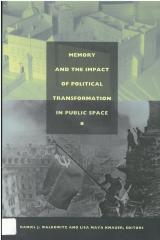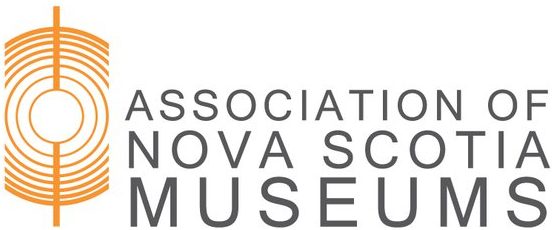Memory and the Impact of Political Transformation in Public Space
Subject
General Reference
Year published:
2004
Request this book

Description
Memory and the Impact of Political Transformation in Public Space explores the effects of major upheavals—wars, decolonization, and other social and economic changes—on the ways in which public histories are presented around the world. Examining issues related to public memory in twelve countries, the histories collected here cut across political, cultural, and geographic divisions. At the same time, by revealing recurring themes and concerns, they show how basic issues of history and memory transcend specific sites and moments in time. A number of the essays look at contests over public memory following two major political transformations: the wave of liberation from colonial rule in much of Africa, Asia, and Central and South America during the second half of the twentieth century and the reorganization of Eastern Europe and the former Soviet bloc beginning in the late 1980s. This collection expands the scope of what is considered public history by pointing to silences and absences that are as telling as museums and memorials. Contributors remind us that for every monument that is erected, others—including one celebrating Sri Lanka’s independence and another honoring the Unknown Russian Soldier of World War II—remain on the drawing board. While some sites seem woefully underserved by a lack of public memorials—as do post–Pinochet Chile and post–civil war El Salvador—others run the risk of diluting meaning through overexposure, as may be happening with Israel’s Masada. Essayists examine public history as it is conveyed not only in marble and stone but also through cityscapes and performances such as popular songs and parades.
Contributors
James Carter
John Czaplicka
Kanishka Goonewardena
Lisa Maya Knauer
Anna Krylova
Teresa Meade
Bill Nasson
Mary Nolan
Cynthia Paces
Andrew Ross
Daniel Seltz
T. M. Scruggs
Irina Carlota Silber
Daniel J. Walkowitz
Yael Zerubavel
Contributors
James Carter
John Czaplicka
Kanishka Goonewardena
Lisa Maya Knauer
Anna Krylova
Teresa Meade
Bill Nasson
Mary Nolan
Cynthia Paces
Andrew Ross
Daniel Seltz
T. M. Scruggs
Irina Carlota Silber
Daniel J. Walkowitz
Yael Zerubavel
